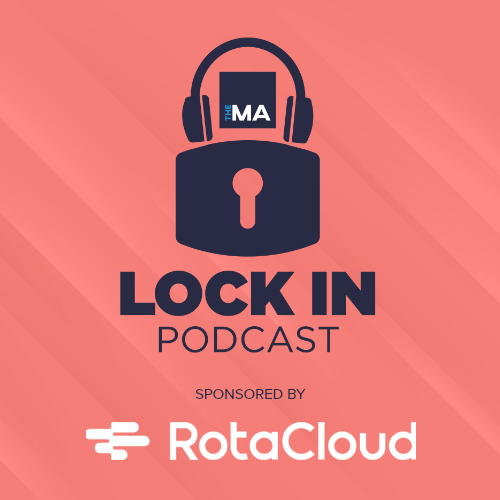Protz: Can Draught Burton Ale be saved?

Can Draught Burton Ale be saved?
When I heard that Carlsberg UK had pulled the plug on the only beer brewed by a national brewer ever to win the Campaign for Real Ale’s Champion Beer of Britain award I wondered if only a handful of old greybeards would shed a tear or two.
But the Twittersphere was alive with messages of outrage when the news seeped out.
I posted a report on my website and the response was enormous.
The expression “I loved that beer” bounced around social media for days.
‘Iconic’ is an over-used word but it fits the bill where DBA, as it’s known for short, is concerned. Back in the summer of 1976, Allied Breweries — which was made up of Ansells, Ind Coope and Tetley — launched DBA at the Ind Coope brewery in Burton-on-Trent. It was an overnight sensation and it transformed the beer scene.
Until then, CAMRA had helped revive the fortunes of small independent brewers. The national brewers remained aloof, concentrating on keg beer and lager. CAMRA was sceptical: could Allied, best known for Double Diamond and Skol lager, produce decent cask ale?
The answer was yes — in spades. DBA was packed with malt and hops flavours. It was a joy to drink. Allied owned 6,600 pubs and planned to put the new beer into just a handful of them.
But the genie was out of the bottle. It has gone down in CAMRA folklore that the Birmingham manufacturer of beer engines, Gaskell & Chambers, had to put its staff on permanent overtime to cope with the clamour for handpumps from publicans who had only used keg taps for decades.
The other national brewers rushed to follow Allied. The ‘real-ale revolution’ was an established fact.
In 1990, DBA won the prized Champion Beer of Britain accolade — but Allied fumbled the pass. In a bizarre round of mergers, the group became first Allied Lyons and then Allied Domecq. The new owners had little or no interest in brewing and, in 1991, sold its plants to a new consortium called Carlsberg-Tetley.
DBA moved first to the Tetley brewery in Leeds and then finally to JW Lees in Manchester, shedding credibility as it went.
This month, Carlsberg said sales were “unsustainable” and axed the brand. Critics pointed out that sales might have been better if Carlsberg had promoted the beer with fervour and had kept a ‘Burton ale’ in Burton.
But hope is at hand. Burton MP Andrew Griffiths has called on Carlsberg to release the brand name and allow other brewers to take it on.
Andrew Roache of Carlsberg told me that such a decision could not be ruled out. He agrees that ‘Burton Ale’ is a generic name and Carlsberg will consider whether it might be possible to allow a brewer in Burton to revive either DBA itself or be allowed to produce a beer called Burton Ale.
Let’s hope common sense and a feel for history and tradition prevail.
Farewell to a true fun-loving brewing business expert
Les Leonard, whose death was reported in the Publican’s Morning Advertiser (15 January), was a remarkable journalist. What he didn’t know about the pub and brewing business could be written on the back of a torn beer mat.
He was wonderful company, his knowledge was trulyencyclopaedic and, above all, he had a marvellously droll sense of humour.
I shall never forget a press trip to the Munich Oktoberfest organised by the British importer of Löwenbräu, a leading Munich beer. The festival is held in six vast, garishly decorated marquees, each one with a central stand for an oompah band. The press party, which included Les, was housed in the VIP gallery of the Löwenbräu tent. On the first day, Les (right) announced it was his birthday. We toasted him in Oktoberfest beer then got on with the serious business of watching the crowds below and making notes for our reports.
Suddenly we noticed Les making his way through the swaying throng below us. He clambered on to the band stand and engaged the conductor in earnest conversation. Eventually the conductor handed Les his baton.
Les raised his hands and led the band in a Bavarian interpretation of ‘Happy Birthday to You’. I don’t know if the song existed in Germany before that moment but it’s now part of the repertoire of at least one Munich oompah band.
The next day the serious beer writers in the press group toured some of Munich’s bars and beer halls to sample a wide range of local beers in order to analyse them for aroma and flavour.
Les asked if he could come with us and we naturally welcomed his company. A few hours later, after we had sampled the likes of Augustiner, Hacker-Pschorr, Hofbräu, Löwenbräu, Paulaner and Spaten, we studiously compared notes. Les, alone, had written nothing down.
“What’s your view, Les?” we asked. “Which do you think is the best beer?” Les smoothed his moustache, looked round the group and growled: “They all taste like effin’ lager to me.”







